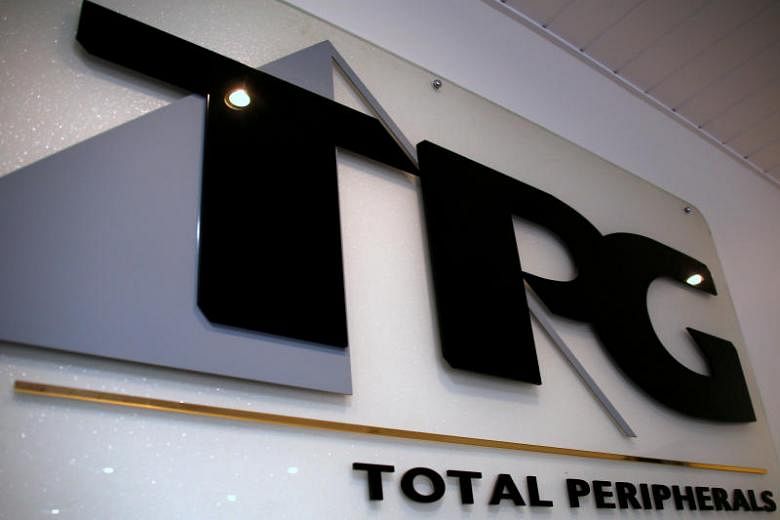SINGAPORE - Telco TPG Telecom has vowed to improve its network service ahead of its impending commercial launch after a study out on Friday (July 12) showed its download speeds and network coverage to be lagging behind rivals Singtel, StarHub and M1.
TPG general manager Richard Tan said the company is still in its trial phase and has not enabled all network features or completed overall network optimisation.
"We are confident on improving the results as we move closer to commercial launch," he added.
TPG started its free 12-month service trial last December and is expected to launch commercial services later this year. About 200,000 users have signed up for the trial.
Its average download speed from February to May was 26.1 Mbps, significantly slower than Singtel (42.5Mbps), StarHub (39.5Mbps) and M1 (36.1Mbps), the study by international mobile analytics firm Opensignal found.
Its upload speed of 5.1Mbps also trailed its rivals by some distance with M1 at 13.4Mbps, Singtel on 12.7Mbps and StarHub at 12.4Mbps.
But the biggest difference, the study noted, was in the time customers spend without a mobile signal. TPG users were found to have spent 4.5 per cent of the time without a signal compared with Singtel's 1 per cent, StarHub's 1.2 per cent and M1's 1.6 per cent.
The 4.5 per cent figure might seem small, but that is without factoring in how most people spend a large part of their time at home or at work, where they are likely to enjoy good network coverage, said Opensignal vice-president of analysis Ian Fogg.
"These small differences will be considerably more significant when users are moving around Singapore, through its streets, shopping malls and especially on Singapore's (MRT), where users are accustomed to good mobile service," he added.
But TPG did manage to match the other three telcos in mobile video-streaming experiences, which "shows that no operator in Singapore can afford to be complacent", Mr Fogg noted.
TPG won the licence as Singapore's fourth telco in 2016, but its drawn-out entry into the crowded market has had its share of bumps on the road.
It had to dismiss rumours that it would exit Singapore altogether after news last year that its parent company TPG Australia had started the process to merge with Vodafone Hutchison Australia.
The company reached the 95 per cent outdoor mobile service coverage requirement set by the Infocomm Media Development Authority just days before the deadline last December.
It has to meet another deadline this year for coverage in all road tunnels and inside buildings, and for coverage in underground MRT stations by the end of 2021.


